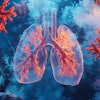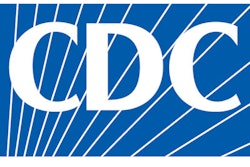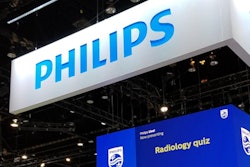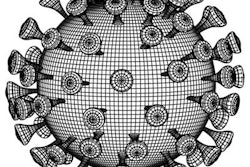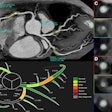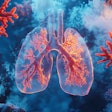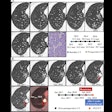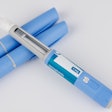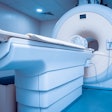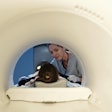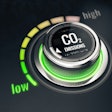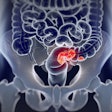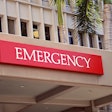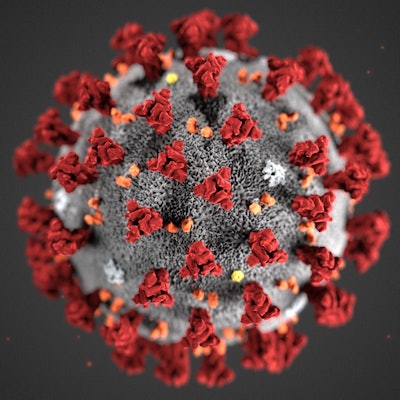
People infected with the novel coronavirus may not manifest symptoms for an average of five days, although most will develop symptoms by 12 days after infection, according to a study published March 9 in the Annals of Internal Medicine.
The findings support recommendations from the U.S. Centers for Disease Control and Prevention (CDC) that patients should be actively monitored for 14 days after an exposure to the virus, wrote a team led by Stephen Lauer, PhD, of Johns Hopkins Bloomberg School of Public Health in Baltimore.
Understanding the incubation period of the virus that causes the novel coronavirus disease (COVID-19) is crucial to its control, but this information has not yet been fully established, the authors wrote. Early analyses have estimated incubation time for the virus at six days (range, two to 11 days) and at five days (range, two to 14 days). Lauer's group sought to evaluate and, if possible, verify these estimates.
"Our current understanding of the incubation period for COVID-19 is limited," the authors wrote. "The incubation period can inform several important public health activities for infectious diseases, including active monitoring, surveillance, control, and modeling. ... Understanding the length of active monitoring needed to limit the risk for missing [COVID-19] infections is necessary for health departments to effectively use limited resources."
The study consisted of an analysis of 181 confirmed COVID-19 cases reported between January 4 and February 24, data for which came from news reports and press releases from 50 provinces, regions, and countries outside of Wuhan, China. The researchers assessed patient demographic characteristics, dates and times of possible exposure, symptom onset, fever onset, and hospitalization.
Lauer and colleagues found that, of the 181 cases, the median incubation period was five days; 97.5% of those who developed symptoms did so within 11.5 days of infection. A very small percentage of people (2.5%) showed symptoms within two days, the team wrote.
The CDC's current recommendation for active monitoring of people infected with coronavirus is 14 days, and the study results support this guidance, the group noted. But longer monitoring may be necessary for some populations.
"Among those who are infected and will develop symptoms, we expect 101 in 10,000 will do so after the end of a 14-day monitoring period," the group wrote. "Although it is essential to weigh the costs of extending active monitoring or quarantine against the potential or perceived costs of failing to identify a symptomatic case, there may be high-risk scenarios (for example, a healthcare worker who cared for a COVID-19 patient while not wearing personal protective equipment) where it could be prudent to extend the period of active monitoring."



